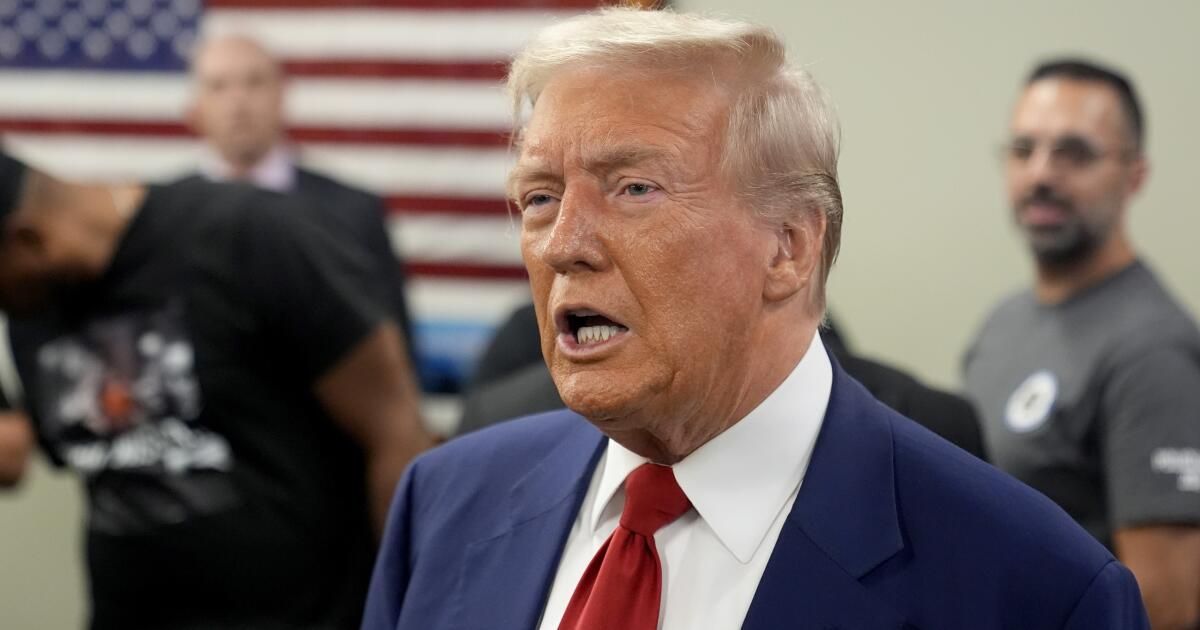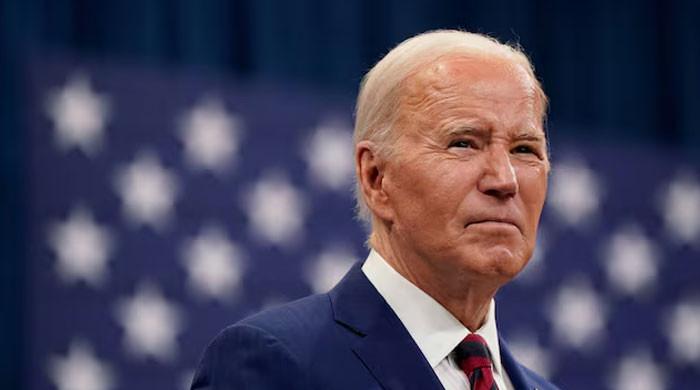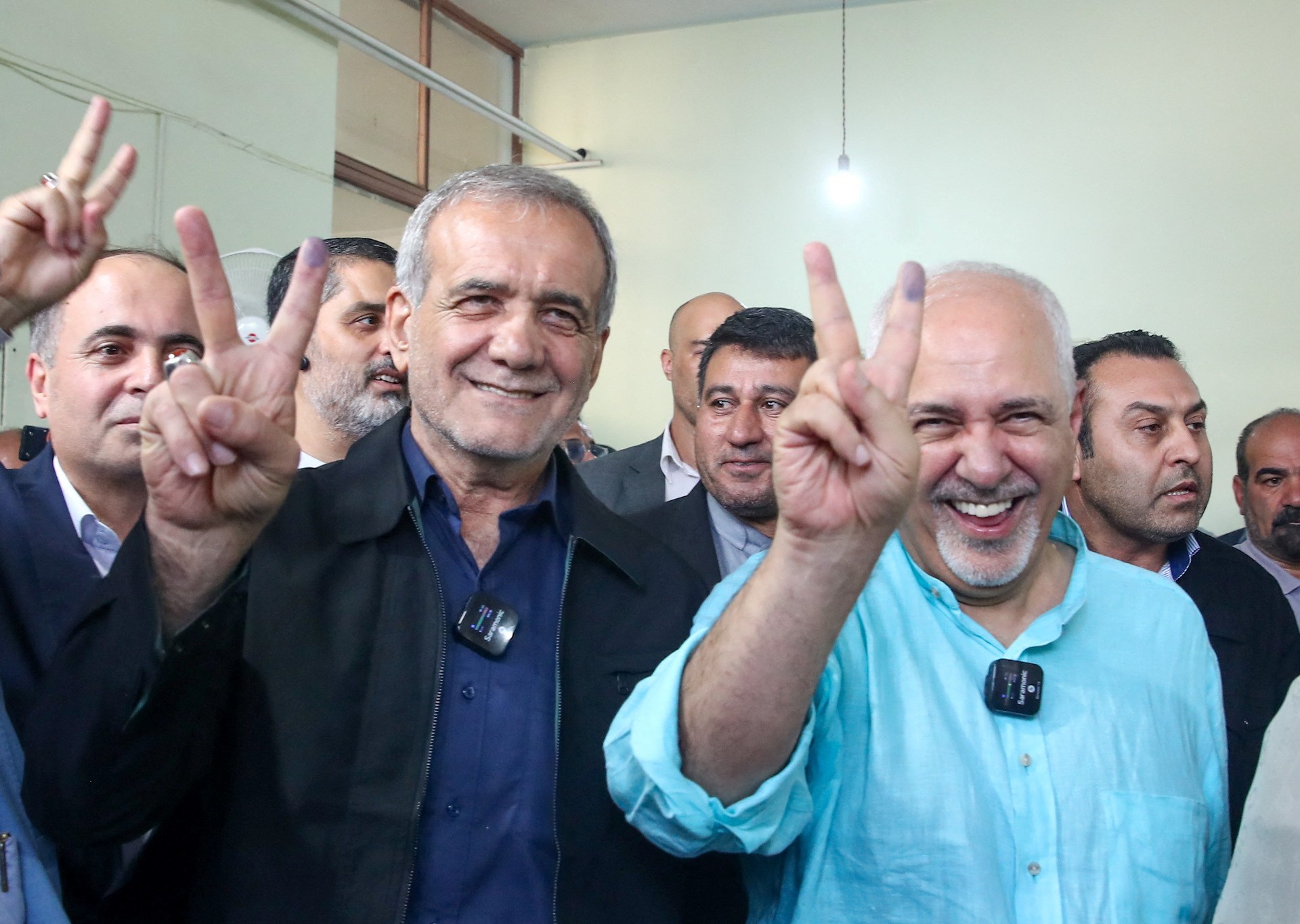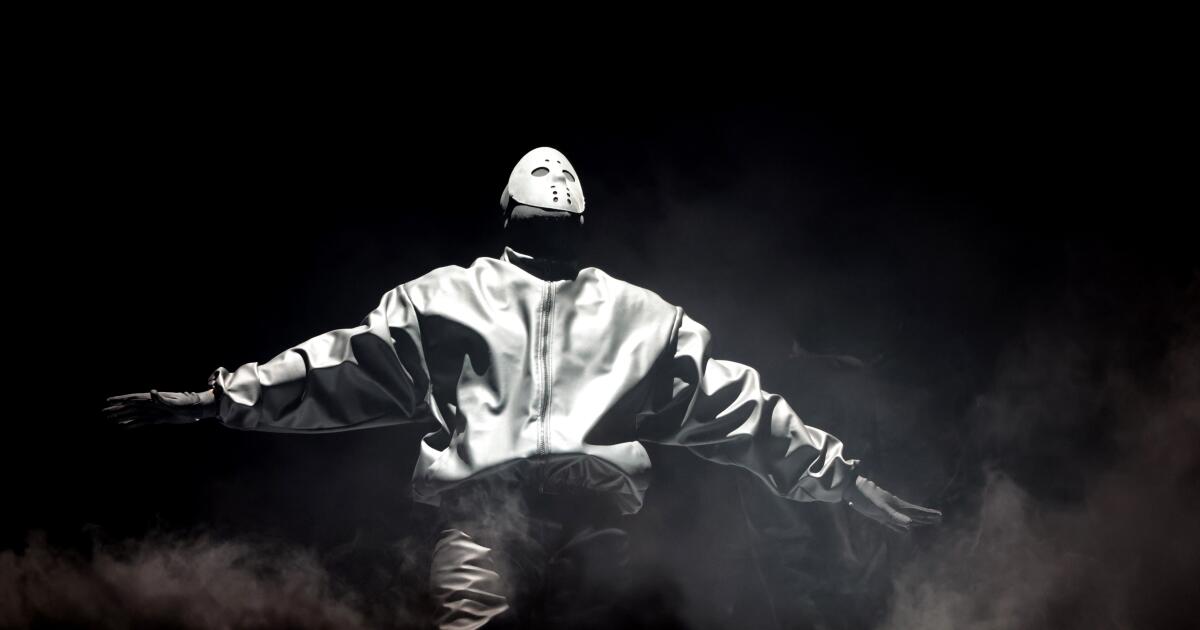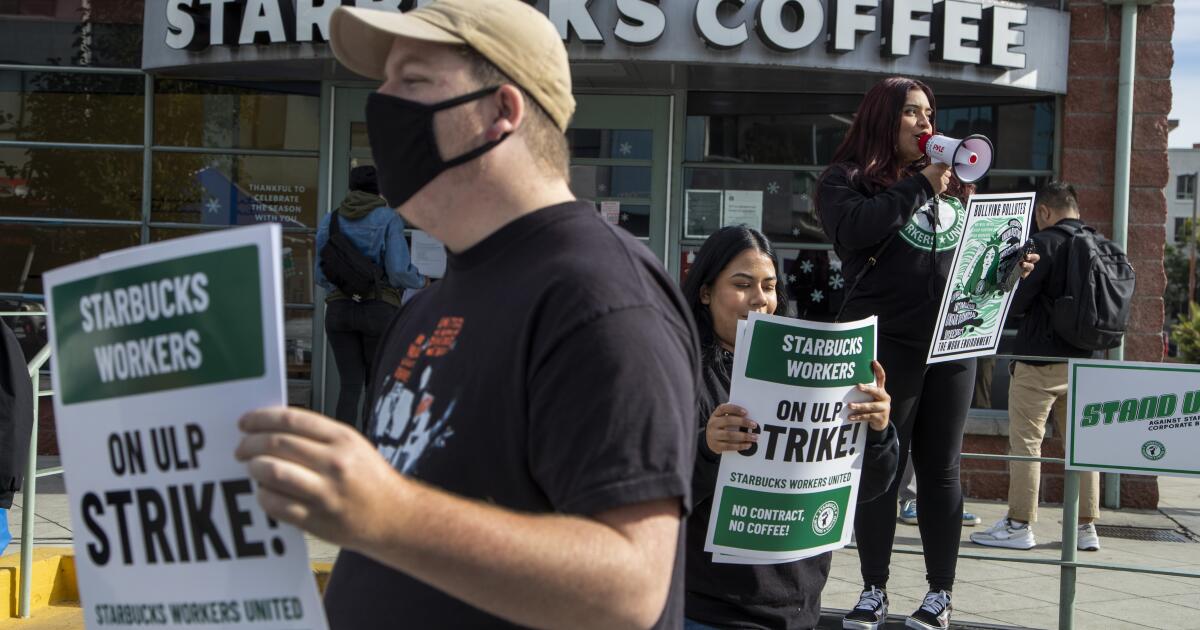Robert A. Pape, a political scientist who studies political violence, has no doubt that former President Trump has made more incendiary comments than Vice President Kamala Harris.
The problem, however, is what his research tells him: both sides of the political spectrum have radical elements who believe violence is justified if it means preventing Trump from coming to power (10% of adults) or ensuring Trump returns to the White House (7%).
Together, they number in the millions, he estimates. And many of them, on both sides, have been compelled to act by the rhetoric in recent months — whether it's the two apparent assassination attempts on Trump, the attack on former House Speaker Nancy Pelosi's husband, Paul, that sent him to the hospital or any number of other events that have lasted only a day in the headlines.
“We don’t have a meter that tells you three inflammatory statements are OK, but 10 are the ones that trigger support for violence,” said Pape, a professor at the University of Chicago who conducts studies every few months on people’s attitudes toward political violence. “Taking tallies of how many times Trump says something outrageous versus how many times Democrats say something outrageous is really meaningless.”
That dynamic has created a frustrating dilemma for Democrats and other Trump critics, who view his attacks on Democrats’ rhetoric as hypocritical and believe that his own statements — that Trump is an existential threat to democracy — are accurate and necessary. Moreover, the motives of violent actors are often unclear, given the mental health issues that often accompany such attacks.
Trump has stoked violence since entering public life, vowing during this campaign to pardon members of the violent mob he encouraged before they breached the Capitol on Jan. 6, 2021, many of whom chanted “Hang Mike Pence,” hoping to help Trump overturn the election results. Last week, he repeated a false claim about legal immigrants in Springfield, Ohio, eating people’s pets, heightening tensions that have led to dozens of bomb threats against local schools.
Trump’s social media post this week accusing Harris of taking “politics in our Country to a whole new level of hate, abuse and distrust” was couched in incendiary language, referring to his opponent as “Comrade Kamala Harris,” repeating claims that she uses “communist left-wing rhetoric” and accusing her of allowing millions of immigrants — whom he labels criminals, terrorists and mentally ill — to “INVADE and take over our Country.”
When his running mate, Ohio Sen. JD Vance, echoed similar complaints in a speech Monday, many of his opponents were aghast and accused the duo of “misleading” the public.
“Donald Trump regularly threatens our democracy, praises dictators and applauds himself for rolling back freedoms like access to abortion,” Representative Adam B. Schiff, Democrat of Burbank and a Senate candidate who led Trump’s first impeachment trial, said in response to a question from The Times. “He also incited the most violent attack on our Capitol in history. There is nothing inconsistent about defending our democracy and deploring the use of political violence; in fact, they go hand in hand.”
Most of the Trump campaign’s specific complaints about Democrats involve Harris and others calling the former president a threat to democracy, which the campaign says provokes a potentially violent response by raising the stakes of the election to existential terms.
Harris criticized Trump on Tuesday for spreading lies that have endangered Springfield students and other rhetoric that has demonized minorities, during an interview with the National Association of Black Journalists in Philadelphia.
“They cannot be trusted to stand behind the seal of the president of the United States of America, engaging in that hateful rhetoric that, as always, is designed to divide us as a country, is designed to get people to point fingers at each other,” he said.
Polls show an overwhelming majority of voters fear political violence if their candidate wins in November and the other side refuses to accept the result, including 83% of Democrats and 76% of Republicans, according to a Deseret News/HarrisX poll from August. Nearly 80% of voters, regardless of party, fear violence before the election.
President Biden said before he dropped out of his reelection campaign that he was running because Trump is an existential threat to democracy. But after the second apparent attempt to attack Trump on Sunday, he struck a more unifying tone, calling out Trump in a conversation both men described as cordial and making public statements reinforcing that “in America, there is no place for political violence.” Harris said she called Trump on Tuesday to check on him, echoing Biden’s language that a healthy democracy requires resolving differences peacefully.
But the lines Republicans are drawing for Democrats are sometimes confusing because they include criticism of Democrats for quoting Trump’s own words. Scott Jennings, a Trump supporter who appears regularly on CNN, attacked Harris on Monday.
“She keeps saying it herself: 'Trump will be a dictator from day one,'” Jennings said. “This country is fighting dictators.”
The problem? In a December interview in Iowa, Fox News host Sean Hannity asked Trump, who has repeatedly threatened to retaliate against his political opponents if elected, whether he would abuse his power if he returned to the White House.
“Except for day one…” Trump said. “We will close the border and we will keep drilling, drilling, drilling. After that, I will not be a dictator.”
Ari Fleischer, a former White House press secretary for President George W. Bush, made a similar criticism in an interview with the LA Times on Tuesday, criticizing Harris for repeating Trump’s 2022 call to “terminate” parts of the Constitution in order to return to office. Fleischer didn’t appear to realize Harris was quoting Trump when she made those remarks. But when pressed, he said Harris needed to use more context to avoid escalating tensions.
Fleischer keeps an archive of heated American political rhetoric dating back to the founding fathers. He recalled that his own boss was branded a war criminal.
“American [political] “The language has always been harsh, harsh and excessive,” he said. “But after two assassination attempts, stop talking about the threat to democracy. The threat to democracy is the two assassins.”

